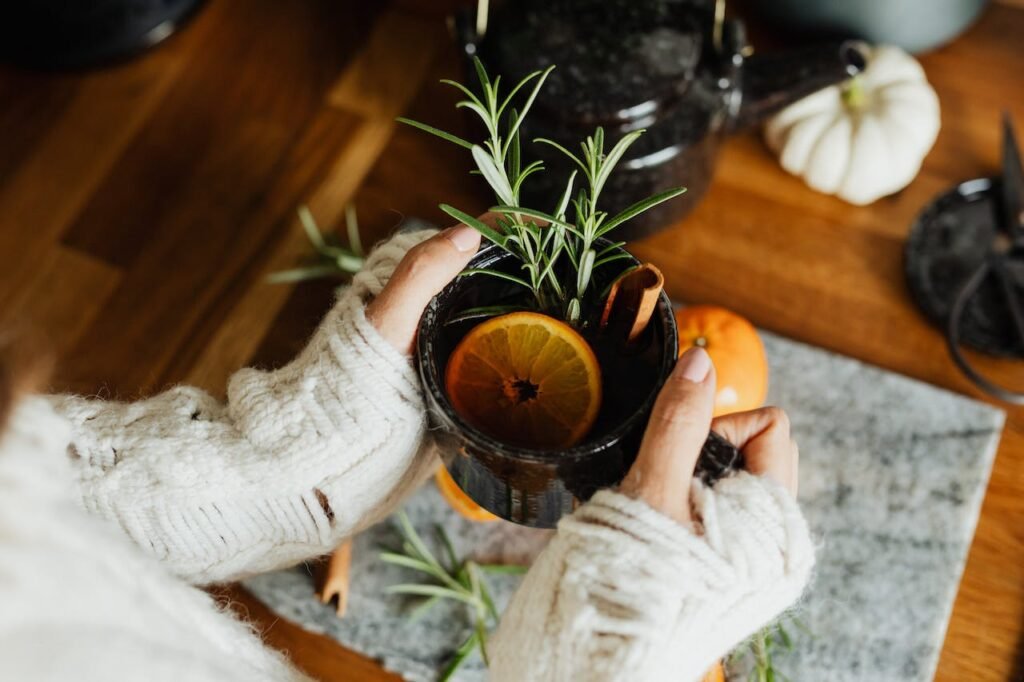9 quick and effective home herbal cures you shouldn’t miss

When you want to treat a health problem with herbal cures, you want specifics, not speculation. And when it comes to the herbs that can alleviate those problems, the details really matter. Although there is a plethora of herbal remedies, it is not always easy to know what to use or how you should use it. The labels say nothing, and store clerks are often clueless. To use herbal medicine, you need specific guidance, and getting that guidance is challenging.

One of the reasons for all the confusion is the regulations issued by the FDA. Under the Health and Diet Education Act of 1994, herbal products became “dietary supplements,” subject to certain rules covering labeling and advertising. As a result, manufacturers of herbal products are prohibited from giving the specific information that is needed.
Manufacturers can only make claims for structure and function, not for specific actions and uses of the herbs. That is why you will never see an ad for St. John’s wort mentioning its proven ability to relieve mild to moderate depression. Instead, you will see an ad that refers to its “mood enhancing benefit.”
To make things more difficult, herbal manufacturers can, and do, use different formulas and concentrations. That means ginseng from one manufacturer could provide 500 mg per dose; another might deliver 100 mg. That, too, makes mountains of confusion.
Table of Contents
9 effective and quick home herbal cures
This practical guide tells you everything you need to know about nine clinically proven herbs that can alleviate a variety of bothersome conditions. Read on and happy healing!
Skin Healer: Aloe Vera (Aloe Vera)
Aloe heals the surfaces of the skin it touches. Makes one of the most widely used herbal remedies or cures with herbs.
Uses: chronic skin disorders, such as psoriasis, eczema, and acne; sunburns, minor burns and minor injuries.
How much and how often: For skin disorders, apply a small amount of gel to the wound three times a day. The gel should be applied until the wound or condition has healed.
How long: Applied externally, aloe can be used for as long as needed.
Warning / drug interactions: None known
How to buy: Just buy pure aloe vera gel, or use fresh gel from an aloe plant. Simply break a stem-shaped leaf, divide it in half, scrape off the gel, and apply.
Arthritis Relief: Devil’s Claw (Harpagophytum procumbens)
Devil’s claw is often as effective as prescription and over-the-counter medications used to make herbal cures for arthritis, minus the side effects.
Uses: Chronic joint, muscle or tendon pain.
How much to take: Tincture 1: 5, 1 teaspoon; 1: 1 fluid extract, 20 drops; dry solid extract tablets 3: 1, 400 mg tablet
How often: three times a day
How long: should be used for 2 to 3 months to feel the effects
Warning: not to be used by people with gastric or duodenal ulcers, people taking antiarrhythmic drugs, people with gallstones, or pregnant or lactating women.
Interactions with other medications: It should not be used with other non-steroidal anti-inflammatory drugs (aspirin, ibuprofen, naproxen, etc.) because their activity is similar.
How to buy: Choose products made only from Harpagophytum procumbens root.
Herbal cures for heart health: hawthorn (Crataegus monogyna)
Uses: May be helpful for those with a family history of cardiovascular disease or who are at high risk of developing cardiovascular disease.
How much to take: Nuts or flower heads, 3 g as tea; tincture 1: 5, 1 tsp; 1: 1 fluid extract, 20 drops; Standardized solid tablet extract, 100 to 250 mg tablet (standardized to 10% procyanidins)
How often: three times a day
How Long: Hawthorn is a long-term preventive treatment for cardiovascular disease. It is safe to use for a lifetime, and that is how long you should plan to use it.
Warning: Hawthorn can lower blood pressure. If you are already taking blood pressure medication, you may need less. Have your doctor monitor and alter your blood pressure medications if necessary. Never alter your heart medications in any way without consulting with your doctor. People with low blood pressure should use hawthorn with caution because of its activity to lower blood pressure. In the case of existing heart disease, hawthorn should only be used under the advice of a healthcare professional.
Drug Interactions: Should not be used if you are taking digoxin or a similar drug.
How to buy: Choose products made with flower tips or Crataegus monogyna fruit. Although standardized extracts have gained popularity, non-standardized products work just as well.
If you want to avoid developing heart disease, doing herbal cures with this herb is highly recommended. High-risk patients look better, feel better, and feel better when they take hawthorn regularly.


